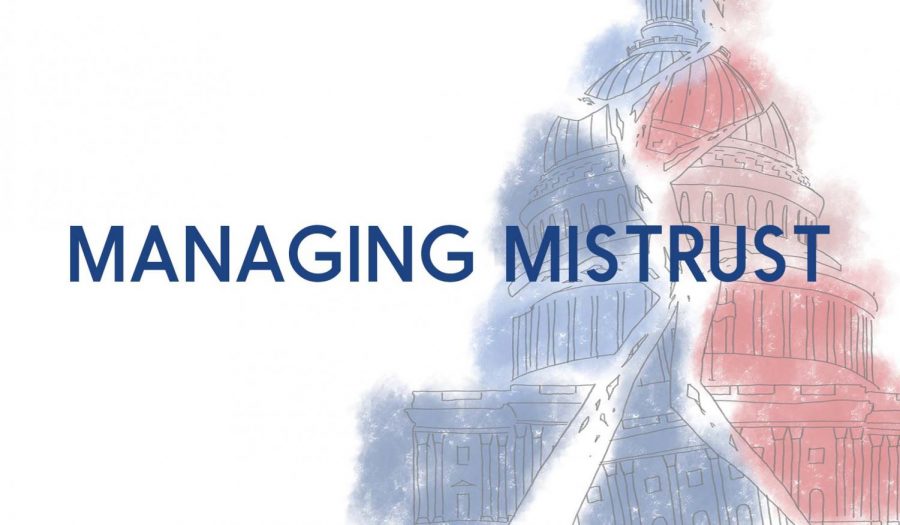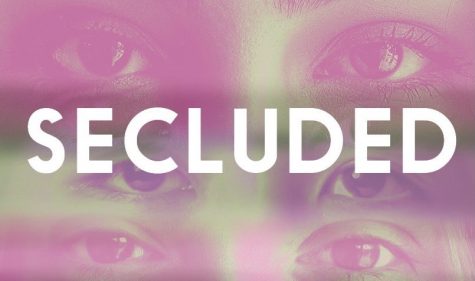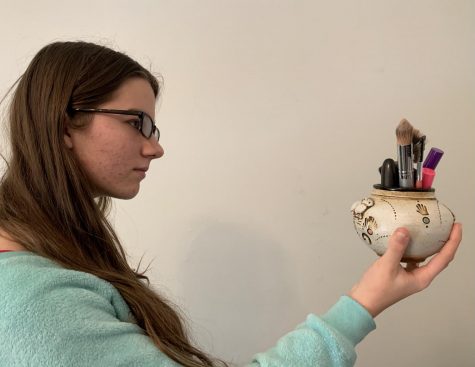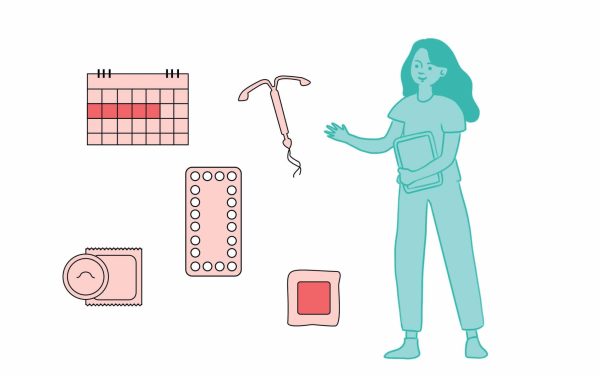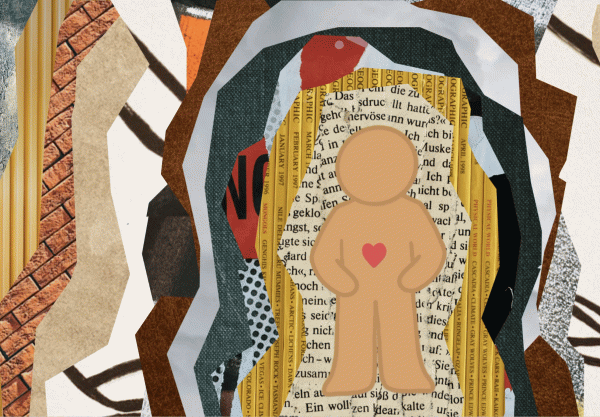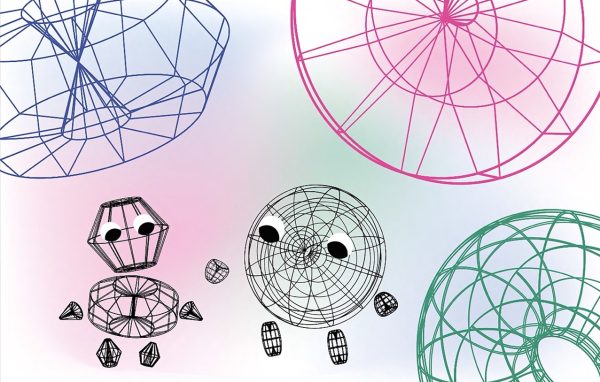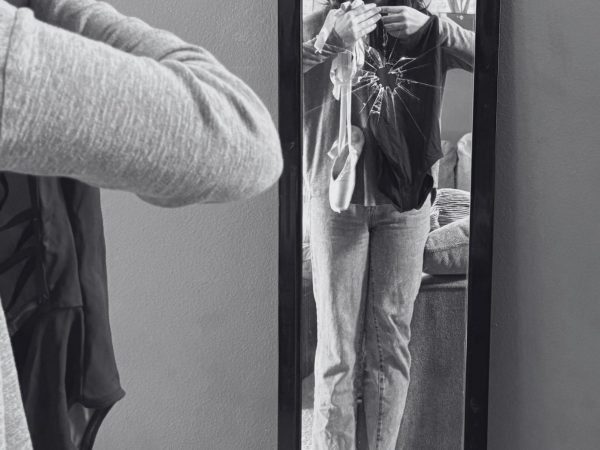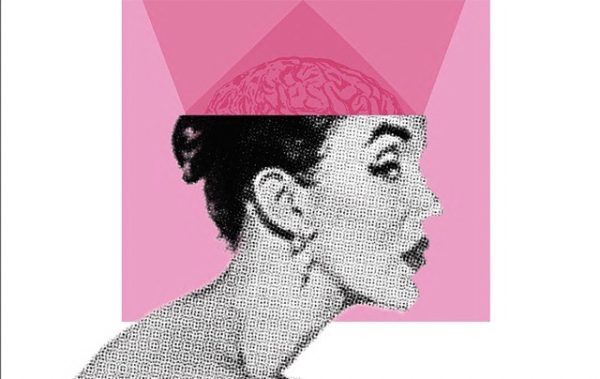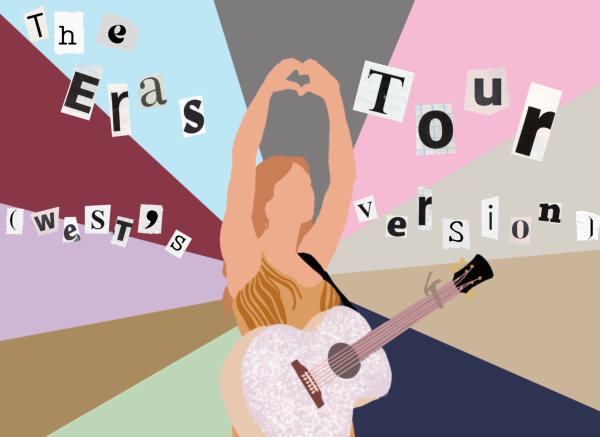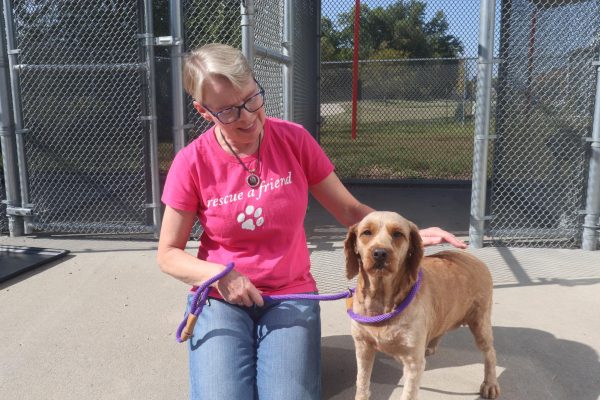Managing mistrust
WSS staffer Rosemary Timmer-Hackert ’23 takes a deep dive into the lack of trust in America, examining its causes, effects and what we can do about it.
The percentage of American’s who trust the government has fallen dramatically in the last 60 years.
Sixty years ago, three-quarters of Americans trusted the government, according to the Pew Research Center. This percentage has not managed to exceed 50% since 2001 and has not exceeded 25% since 2008. This atmosphere of distrust pervades Americans’ discussions about politics — it’s why many people thought of the last two elections as choosing the lesser of two evils. It’s how potential solutions to climate change are discussed like fantasies that no one expects to be turned into reality. It’s how, according to statistics collected by the Public Religion Research Institute, 15% of Americans believe in the QAnon conspiracy theory, which states that the U.S. government is controlled by Satan-worshipping pedophiles. Despite how prevalent this atmosphere of distrust is, Pew Research reports only 41% of Americans believe it is an important issue. After all, does how much we trust our government actually matter? The answer is yes — it does.
A recent illustration of how our distrust in the government affects us is the COVID-19 vaccine. Vaccination rates are closely tied to the level of trust people have in the government. An Axios poll conducted this year by multinational marketing research firm Ipsos showed that of those with a great deal of trust in the government to give them information about COVID-19, 91% were fully vaccinated, compared to only 35% of those who stated they did not trust the government. Vaccination is essential for America to return to normalcy, but people’s distrust of the government is delaying that process and causing them to unnecessarily risk their own health and safety.
Political participation is another area where Americans’ trust in the government has an impact. The U.S. has historically had lower turnout in elections than other developed nations. Even the record breaking turnout for the 2020 presidential election at 66.8% of eligible voters lags far behind nations like Sweden (82.1% in 2018) and Australia (80.8% in 2019). Why? People don’t believe their vote matters. A 2018 survey by Suffolk University found that 68% of disengaged voters, registered or unregistered, agreed with the statement “I don’t pay much attention to politics because it is so corrupt.” The only way to decrease corruption in the government is to vote in politicians who will fight against it. Lower levels of political participation only harm our democracy by making our government less representative of who we are as a nation.
Unfortunately, there is no simple answer to this problem. America’s lack of trust in the government didn’t come from nowhere. While the loudest group of distrustful people are conspiracy theorists whose lack of trust in the government is entirely unfounded, distrust in the government primarily comes from marginalized and impoverished communities. According to the Pew Research Center, 27% of white citizens were highly trusting compared to only 13% of Black citizens and 12% of Hispanic citizens. Additionally, 30% of those making more than $75,000 have a high level of trust in the government, while only 13% of those making less than $30,000 do. The lack of trust in the government from these groups is justified because the government has either frequently mistreated them or ignored the concerns coming from their communities.
An example of this is the vaccine hesitancy of Black Americans, who have the lowest percentage of people who have received at least one dose of the vaccine, sitting at 43% as of Sept. 7. This hesitancy is justified by their long history of mistreatment by the medical community, one of the most famous examples being the Tuskegee experiment. This was a study performed on 600 Black men without their informed consent, and involved withholding syphilis treatment from 399 of them for 40 years to see what would happen. The study ended in 1973 for being ethically unjust. There are many other examples of Black people’s mistreatment by the American healthcare system, and the government in general, making their current lack of trust in the system understandable.
The lack of trust in the government also comes primarily from younger generations, including Gen Z, but I’m not here to tell you to give the government your unconditional trust. Despite the negative consequences of our lack of trust in the government, the solution is not to force ourselves to trust in a government that has proven itself untrustworthy. Trust isn’t something we should give freely; it has to be earned by the government showing us that they will work to solve the issues the American people care about. Trust isn’t something we should give freely; it has to be earned — Rosemary Timmer-Hackert '23
What we can do, though, is work to prevent the symptoms of mistrust by keeping ourselves educated, helping those around us stay informed and not letting our distrust in the system of government be an excuse for us not to be politically active. The government will not become an institution we can trust if we don’t work to make it that way through voting, protesting and advocating for the change we want to see.
Your donation will support the student journalists of West High School. Your contribution will allow us to purchase Scholarship Yearbooks, newsroom equipment and cover our annual website hosting costs.
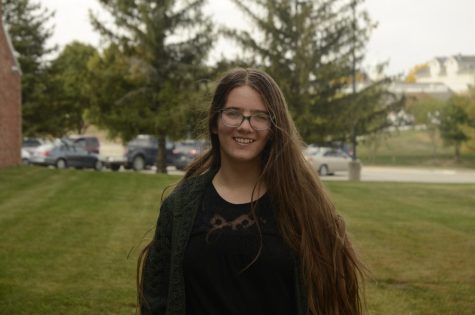
(she/they) Rosemary is a senior at West High. While this is her third year on staff, it is her first year as the print opinion editor. When she is not...



